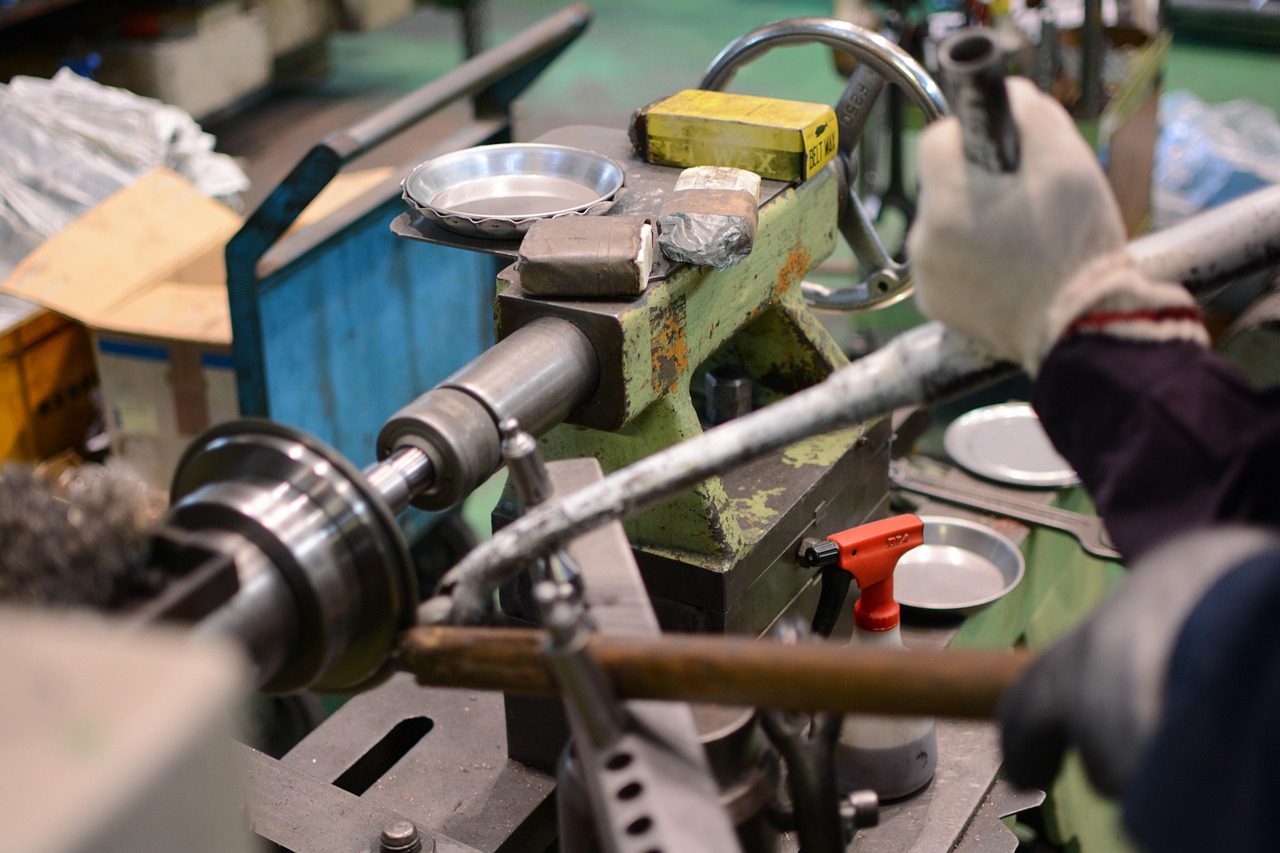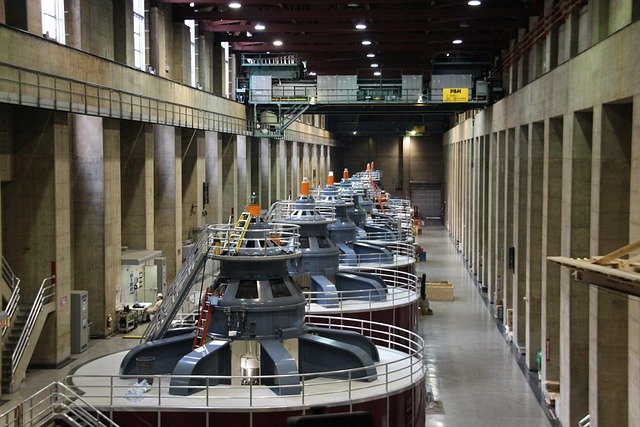Shaping the Future of Manufacturing: The Role of Smart Factories
Introduction In an era marked by rapid technological advancements, smart factories are emerging as a powerful force reshaping the manufacturing landscape. They promise not only to revolutionize how goods are produced but also to redefine the entire supply chain.

The Dawn of Smart Factories
The concept of a smart factory is not a new one. It can be traced back to the third industrial revolution, which ushered in digitization and the use of electronics and IT to further automate production. However, the advent of Industry 4.0 has taken this concept to a new level, with cutting-edge technologies such as the Industrial Internet of Things (IIoT), big data analytics, and advanced robotics playing a pivotal role.
The Inner Workings of a Smart Factory
At the heart of a smart factory lies interconnectivity. Machines, systems, and humans interact with each other in real-time, creating a network of physical and digital entities. This cyber-physical system allows for seamless data exchange, enabling machines to operate autonomously and optimize production processes on the fly. The data collected also serves as a valuable resource for driving predictive maintenance, quality control, and inventory management.
The Pros and Cons of Smart Factories
The benefits of smart factories are numerous. They offer unprecedented levels of operational efficiency, flexibility, and quality control. Moreover, the real-time data generated can lead to improved decision-making, reduced downtime, and significant cost savings. However, these benefits come with challenges. Implementing smart factory technologies requires substantial investment and a shift in organizational culture. Additionally, cybersecurity becomes a major concern as the risk of data breaches and cyber-attacks rises.
The Impact of Smart Factories on the Business Landscape
Smart factories have far-reaching implications for the business landscape. They have the potential to disrupt traditional manufacturing models, creating a need for businesses to rethink their strategies. Companies that can successfully navigate this transformation stand to gain a competitive edge, while those that fail to adapt may risk falling behind.
Practical Insights for Embracing Smart Factories
- Start with a clear vision: Understand what you want to achieve with your smart factory and develop a strategic roadmap to guide your transformation.
- Foster a culture of innovation: Embracing smart factories requires an open mindset and a willingness to experiment and learn from failures.
- Prioritize cybersecurity: Protect your data and systems from cyber threats by implementing strong security measures and promoting a culture of cybersecurity awareness.
In conclusion, smart factories represent a new frontier in the manufacturing sector. They offer compelling benefits but also pose significant challenges. Businesses that can successfully navigate this transformation will be well-positioned for success in the Industry 4.0 era. Embracing smart factories is not just about investing in new technologies—it’s about fostering a culture of innovation, rethinking traditional business models, and preparing for a future where manufacturing is smarter, more efficient, and more connected than ever before.




